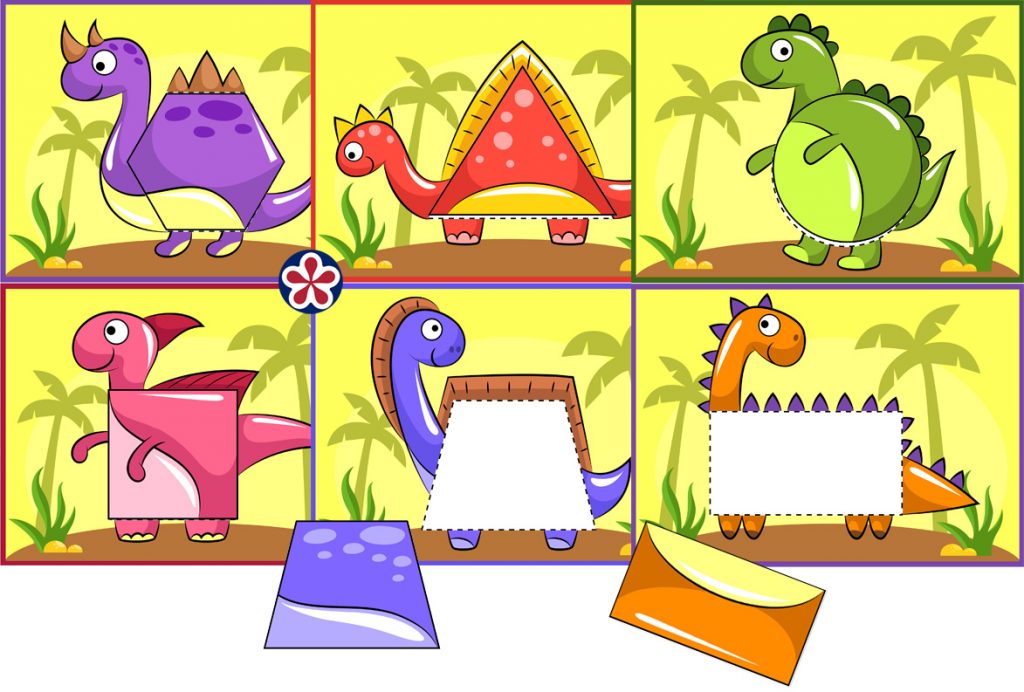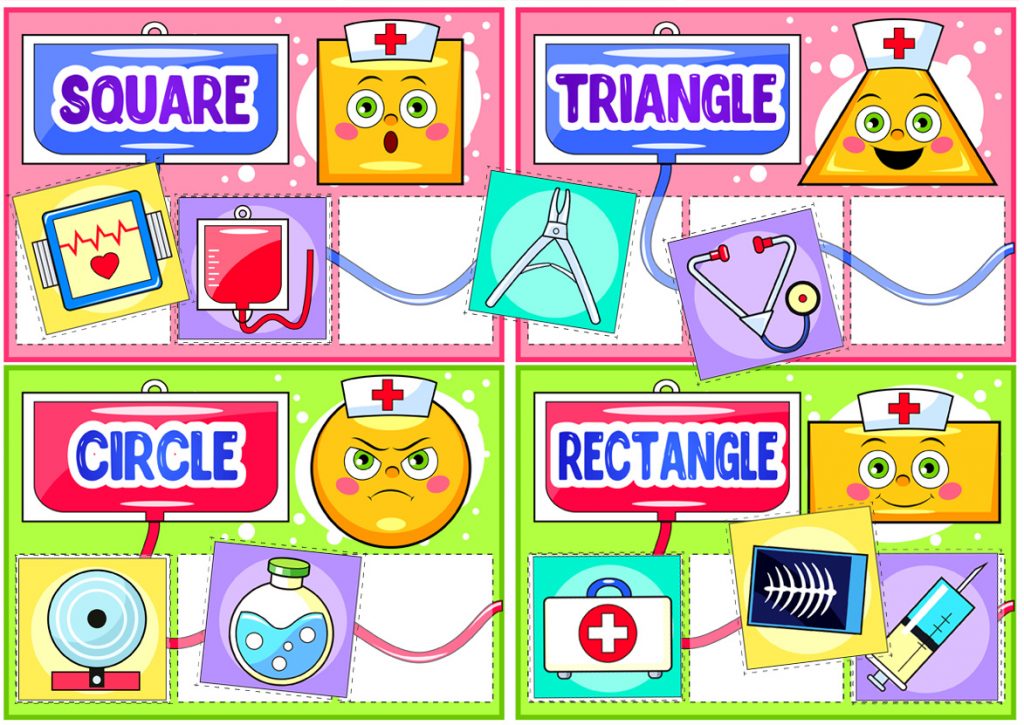callie bell
Fun and Educational Shape Sorting Activity for Elementary-Age Kids
If you're looking for an engaging, hands-on activity that helps young learners develop important math, logic, and motor skills, a Shape Sorting Activity is a fantastic option! Designed for elementary-aged children, this activity introduces basic geometry concepts in a fun and interactive way while encouraging critical thinking, collaboration, and creativity.
Why Shape Sorting?
Sorting shapes might seem simple at first, but it lays the foundation for more complex math and reasoning skills. When children sort shapes, they learn to recognize and categorize based on attributes like:
Shape (triangle, square, circle, rectangle, etc.)
Number of sides
Size
Color
2D vs. 3D properties
This activity helps build vocabulary (e.g., "edges," "vertices," "symmetry") and strengthens pattern recognition, spatial reasoning, and classification skills — all essential for math and science success.
What You’ll Need:
The great thing about this activity is that it can be adapted to use materials you already have or be expanded into a full-fledged classroom station.
Here are some ideas:
Pre-cut paper shapes in various colors and sizes (triangles, squares, circles, rectangles, hexagons, etc.)
Shape blocks or tangrams
Labels or sorting mats
Containers or trays for sorting
A whiteboard or chart paper for discussion
Optional: Include 3D shapes like cubes, cones, spheres, and cylinders for older or more advanced learners.
Activity Setup:
Prepare Your Materials
Create a variety of shapes from construction paper or cardstock. Make sure there’s diversity in color, size, and type (some with equal sides, some not). For a more tactile experience, use foam or plastic shape manipulatives.
Create Sorting Categories
Depending on the skill level, you can start with basic sorting categories like “Color” or “Shape.” For older students, challenge them to sort by number of sides, angles, or whether the shape is regular or irregular.
Introduce the Activity
Begin with a mini-lesson on the different types of shapes. Show examples and ask the class to name them. Then, explain that they’ll be working individually or in small groups to sort a collection of shapes using specific rules.
Let the Sorting Begin!
Hand out the materials and sorting mats or trays. You can rotate categories every few minutes to keep the challenge fresh, or allow students to create their own sorting criteria and explain it to the class.
Discussion and Reflection
After sorting, have a group discussion. Ask students:
How did you sort your shapes?
Did any shapes fit more than one category?
What was the most challenging part?
Did you learn any new words or math ideas?
Extensions & Variations:
Shape Hunt: Have students look around the classroom or playground for real-world objects that match the shapes they’ve learned.
Shape Collage: Use sorted shapes to create artwork (like a house made from triangles and rectangles).
Guess My Rule: One student sorts the shapes, and others guess the rule they used.
3D Shape Sorting: Introduce solid figures and sort by attributes such as faces, edges, and vertices.
Educational Benefits:
This shape sorting activity hits multiple educational goals:
Math Concepts: Geometry, classification, measurement
Language Development: Shape names, descriptive vocabulary
Fine Motor Skills: Picking up and manipulating small items
Collaboration: Working in groups builds teamwork and communication
Critical Thinking: Creating and explaining sorting rules requires logic and reasoning
Final Thoughts:
Shape sorting may seem simple, but it’s a powerful learning tool that brings geometry to life in a concrete, meaningful way. Whether you're a teacher looking for a classroom math center idea or a parent wanting to supplement learning at home, this activity is flexible, fun, and packed with educational value. Best of all, it’s easy to prepare and endlessly adaptable to different age groups and learning styles.
So grab some scissors, shapes, and curious minds — and start sorting!




